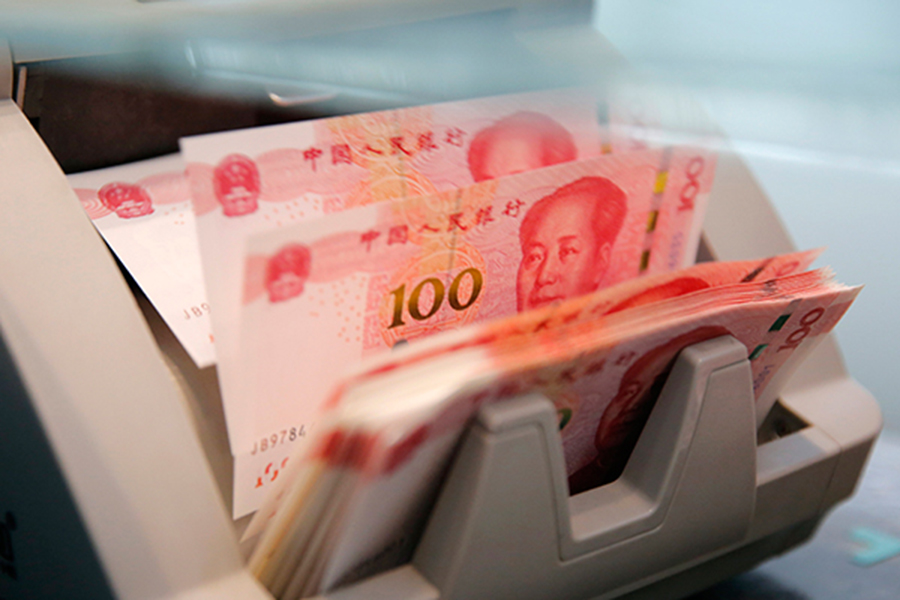Reforms hold promise of high-quality growth


China will transform itself over the next 30 or 40 years, moving to high-income status, but this transformation will not be as focused on output and income as past reforms. Well-being, quality and sustainability will be at center stage.
Sustainability means offering to the next generation opportunities at least as good as those available to the current one. Sustainable growth is of fundamental importance not only for the future of China, but also for the world as a whole.
The latest figures published by the Global Carbon Project indicate China's emissions of carbon dioxide, a major greenhouse gas, were 4.7 percent higher in 2018 than the year before, and represented about 27 percent of the global total.
The world economy will double in the next two decades or so, and within that time China's economy will more than double. In the same period, global emissions will have to be cut by well over 40 percent to be consistent with the goal of the Paris Agreement to hold global warming to well below 2 C.
World infrastructure will likely double in around 15 years, much of it associated with city development and a large part of that in China. If this new additional world economy or infrastructure looks anything like the old, then cutting emissions by well over 40 percent would be impossible.
The world economy and China's economy can grow in a way that both reduces risks for our planet and generates a wave of new innovation and investment that will create a more secure, cleaner and attractive economy for all. In moving toward sustainable growth, it will become clear, particularly in the developing world, that such economic development can be a productive route to overcoming poverty.
In making the transition to sustainable growth, we should recognize that the target must be a zero-carbon economy by the middle of this century. Achieving net zero emissions, such that addition of greenhouse gases to the atmosphere from human activities is not greater than the removal, is necessary to stabilize concentrations, and thus global temperatures.
The earlier that this is achieved, the lower the stabilized temperatures. Net zero is required within 30 to 50 years if we are to hold global warming to well below 2 C. China, because of the size of its economy and emissions, must be a central player in achieving net zero emissions over the next 50 years.
Placing sustainability at the heart of China's next five-year-plan, covering 2021-25, will be a natural evolution of the policy and planning direction that China has taken forward in recent years. It will also mean a new approach to investment that is inclusive and can play a strong role in reducing poverty and inequality.
The innovations and investments of the sustainable economy in the coming decades will in large measure be driven by the private sector. That means reforms should be market-oriented in ways that encourage innovation and creativity.
The changing pattern of activities within China will also require changing relationships between China and its trading partners. If, by 2040, countries of the Belt and Road Initiative have similar per capita incomes as China now does, and their dependence on fossil fuels is like that of China, then the world will be heading toward global warming of more than 3 C and potentially catastrophic climate change.
If trade and infrastructure links can be established, and technologies advanced and shared with these countries, then the BRI countries can play a positive role in sustainable development.
China's support for countries involved in the BRI can foster investments that will drive forward a new era of high-quality, sustainable and inclusive growth and development in the coming decades.
The author is chair of the Grantham Research Institute on Climate Change and the Environment at the London School of Economics and Political Science. The views do not necessarily reflect those of China Daily.
































